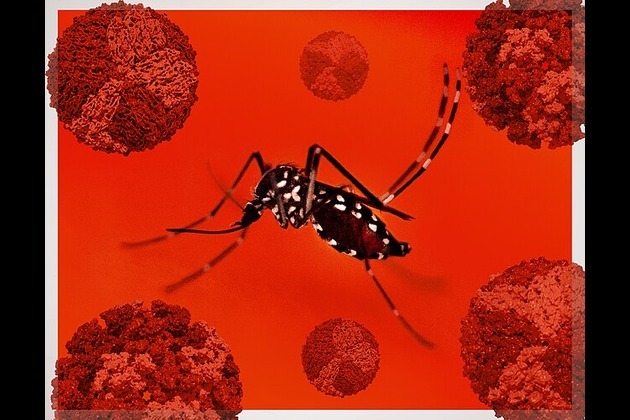Move FM Global News

Chikungunya outbreak hits Europe; WHO calls for swift response
Jul 27, 2025GENEVA, Switzerland: Health authorities are facing a resurgence of the mosquito-borne chikungunya virus, with new outbreaks emerging across continents and rising infections in Europe, prompting the World Health Organization (WHO) to issue an urgent global warning.
Diana Rojas Alvarez, a medical officer at the WHO, said an estimated 5.6 billion people in 119 countries now live in areas at risk of chikungunya, which can lead to high fever, intense joint pain, and, in some cases, long-term disability.
“We are seeing history repeating itself,” Rojas Alvarez told reporters in Geneva, drawing comparisons to the 2004–2005 epidemic that began on small Indian Ocean islands and eventually spread worldwide, affecting nearly half a million people.
The current wave began in early 2025, once again hitting the islands of La Reunion, Mayotte, and Mauritius, areas that were among the first affected two decades ago. In La Reunion alone, about one-third of the population has already been infected, she said.
From the islands, the virus has moved to parts of Africa, including Madagascar, Somalia, and Kenya, and is now seeing epidemic-level transmission in South and Southeast Asia, including India.
The growing number of imported cases in Europe and recent evidence of local mosquito-driven transmission have especially alarmed public health officials.
Since May 1, France has recorded around 800 imported cases of chikungunya. More concerning, however, are twelve episodes of local transmission in southern regions of the country, meaning infections occurred from mosquitoes within France, rather than from travel abroad. Italy has also confirmed a locally transmitted case in the past week.
Chikungunya is spread mainly by Aedes mosquitoes, including the day-biting tiger mosquito, which also transmits other illnesses such as dengue and Zika. The virus has no specific treatment, making prevention critical. WHO urges the use of insect repellents, long-sleeved clothing, and other protective measures to reduce mosquito bites and prevent outbreaks.
WHO warns that without swift and coordinated action, the world could see a repeat of the global crisis that unfolded 20 years ago.


